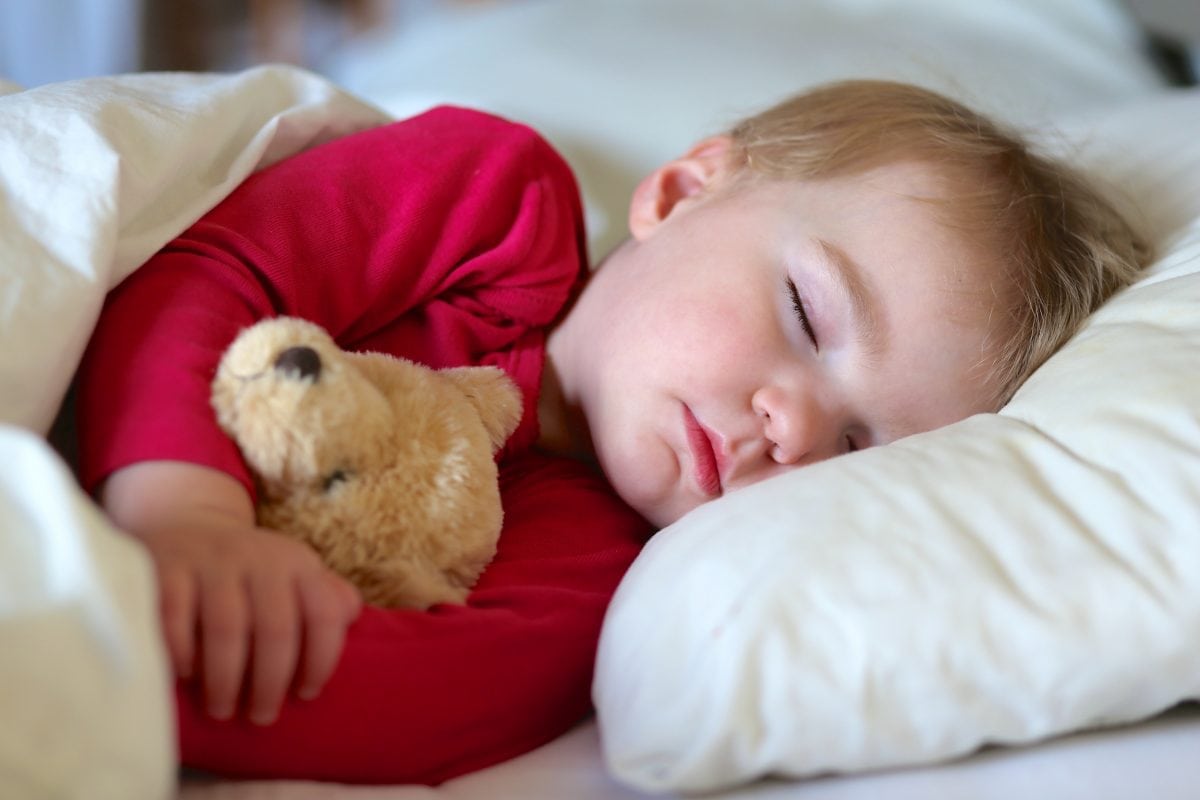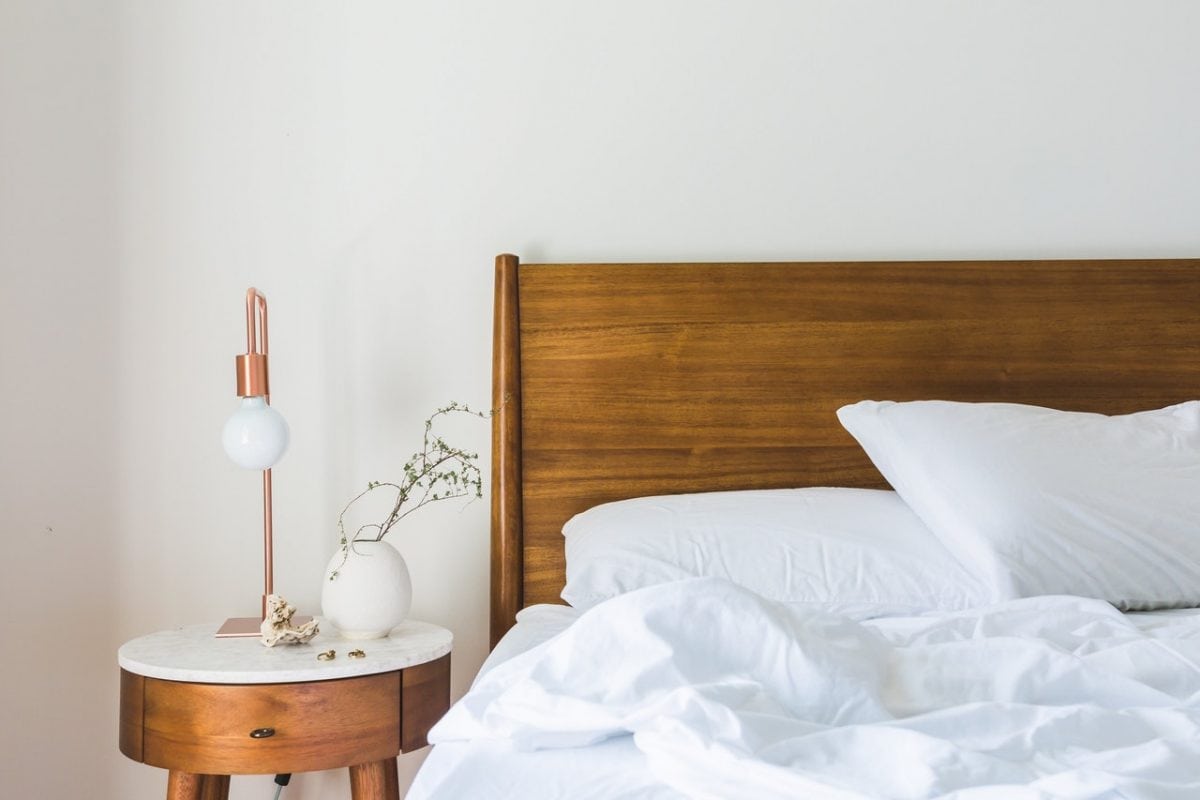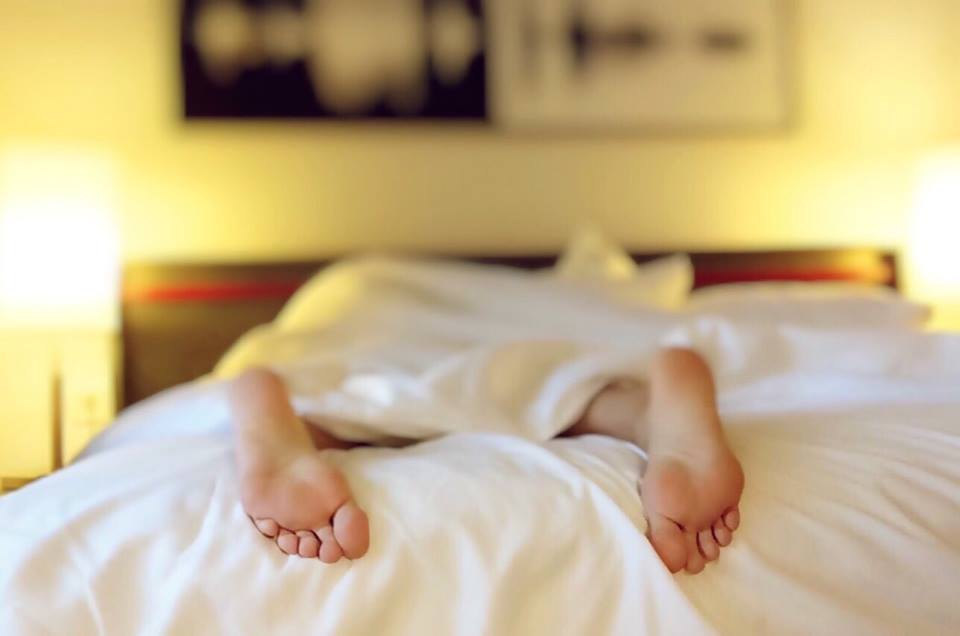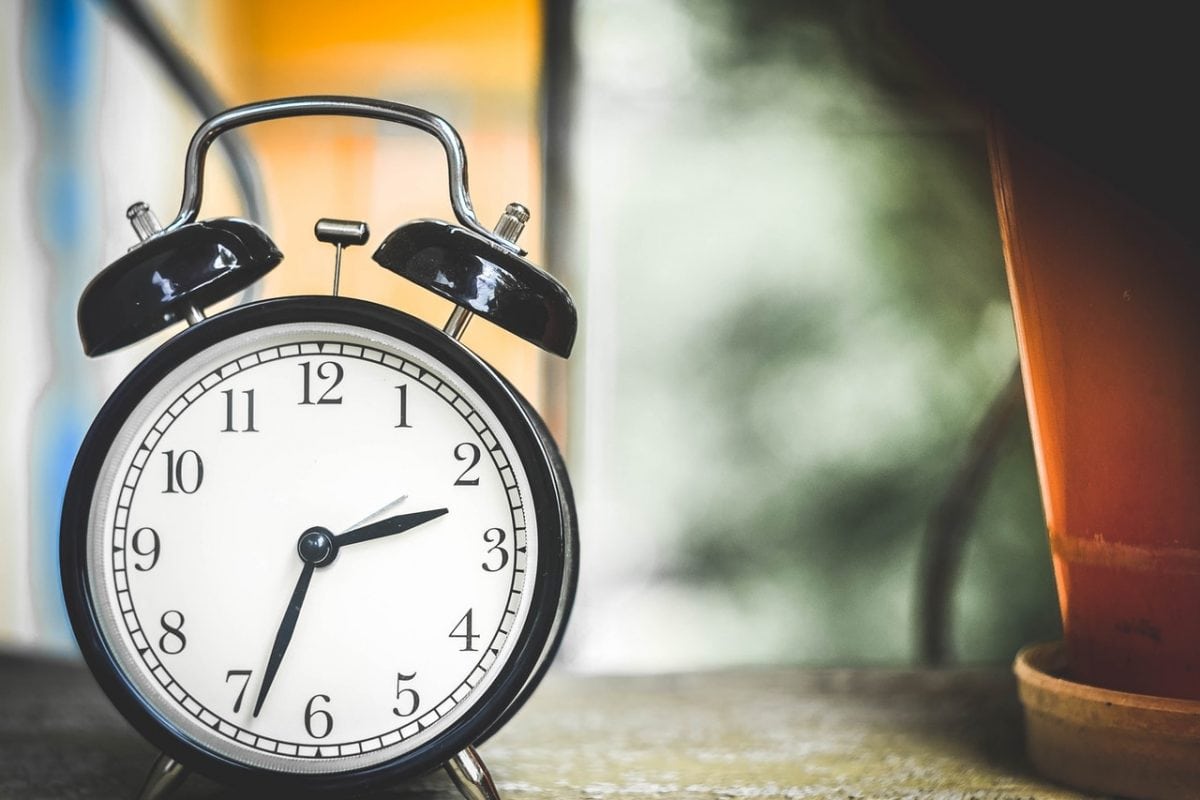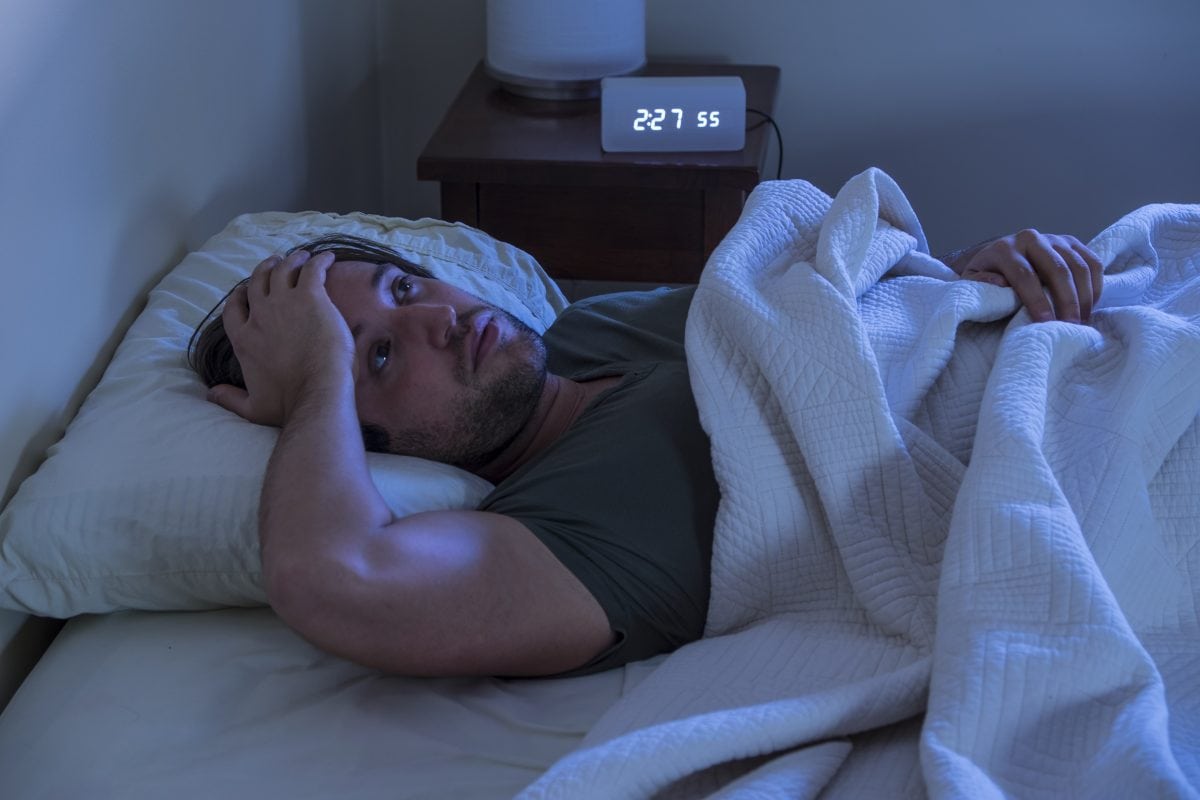Do you struggle to get consistent sleep? You are not alone.
An estimated 27% of Americans report having trouble sleeping most nights of the week, with an astounding 68% saying the same at least 1 night per week. That has led to 5% of all women and 3% of all men taking prescription sleeping pills at the cost of millions of dollars.
That pales in comparison the 10-20% of Americans spending multiple millions of dollars on non-prescription sleep supplements. Of those sleep aids, melatonin is likely the most common. But here’s the problem, melatonin is not a great on-demand sleep aid.
I recently posted a Facebook video about the use of melatonin for sleep. If you like videos, you can watch it here. If you prefer blogs, then read on my friend!!
Seep aids like Ambien work within minutes, and therefore should be taken right when it is time to go to sleep. Many take melatonin the same way, right before it’s time to go to sleep. But melatonin doesn’t work that way.
Melatonin is a natural hormone in our brains that has a natural circadian rhythm, meaning it rises and falls during the day in concert with the light-dark cycle of the sun. Or at least that is how it is supposed to work. Thanks to Thomas Edison and Steve Jobs, melatonin doesn’t work that way for many of us.
Artificial light and especially blue light from our phones and computer screens fool our brains into thinking the sun is still out, and therefore, resetting our melatonin cycle. Thus, the push for us to take melatonin supplements to help balance this us.
Instead of taking a melatonin supplements, however, we have much more success by getting our natural melatonin cycle back in sync with the sun. Here are my Top 4 Tips For Optimizing Melatonin and Sleep!
- Dim your lights EARLY, around 8pm. That doesn’t mean turn them off and live by candlelight (although that would work REALLY well). It does mean, however, that you should not have every light in the house on at full force until the moment you go to bed. You need to prepare your brain for bed, starting at least 2-hours before lights out. Get dimmers for your lights or turn off half the lights starting at 8pm. You might even save money on your electricity bill (bonus!).
- Dim your screens early as well. Most phones, tablets and computers now come with a screen dimming option. Most commonly I see people use this starting at 10pm. That’s better than nothing, but by then most of the damage has already been done. I recommend dimming your screens at 8pm, along with the lights, and turn your screens off completely 1-2 hours before bed. Remember, you want your melatonin to start rising well before it’s time for lights out. Screen time prevents that from happening.
- Get plenty of light early in the day. This is the time to signal your brain that IT IS DAYTIME!!! Natural sunlight is best. Get outside and sun yourself for 20-minutes, go for a walk, eat breakfast outside, whatever you can do to get early sunlight. If that is too much of a logistical challenge, then this is when you want every light on in the house at full blast. Even house lights can tell your brain the sun is out and it’s time to get going.
- The best use for melatonin supplements is if you disrupt your sleep-wake cycle, such as travelling across a few time zones, or staying up a few nights in a row for work, kids or other reasons. In that case, melatonin supplements can help get your cycle back in rhythm. Just remember to take it an hour or two before you want to go to sleep, not at the moment you lie down in bed. If done right, you shouldn’t need melatonin for more than a couple days before your natural circadian rhythm is back in sync with your time zone. Just keep I mind steps 1-3 above!
There you have it. My Top 4 Tips For Optimizing Melatonin and Sleep. For even more information, you can listen to my podcast with sleep expert Dr. Chris Winter, nicknamed The Sleep Whisperer,” or read my earlier blog on sleep. Do you have other tips that work for you, or other sleep challenges you need help with? Leave a comment below or contact us at www.LowCarbCardiologist.com.
Thanks for reading!
Bret Scher, MD FACC
Founder, Boundless Health

